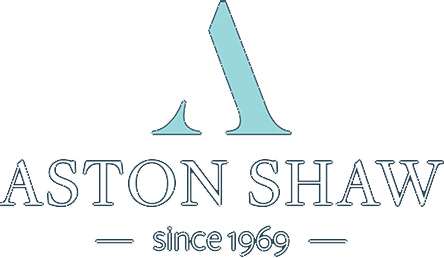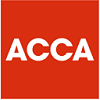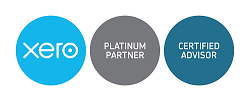With summer just around the corner, those who let out holiday properties are likely approaching their peak period for bookings. Holiday lets are an increasingly popular way to boost income and the industry is becoming increasingly competitive as a result, so it is of paramount importance that owners of holiday homes stay on top of things, including their tax affairs.
Managing your tax affairs correctly and compliantly means maximising your profitability. In this blog, we’ll guide you through the tax issues holiday homeowners ought to be aware of and how to make the best of the allowances available to you.
Have you declared your holiday rental income?
Let’s start with the basics – have you declared your holiday rental income? If you’re new to letting out a holiday home, it is essential that you declare your new source of income to HMRC as you may need to pay tax on it.
It is also worth mentioning here that if you have been letting out your holiday property for some time now and you haven’t told HMRC, it is advisable that you instruct them now so as your case can be considered more favourably.
How much holiday rental income do I need to receive before I must notify HMRC?
The short answer is that you need to receive a rental income of more than £2,500 before you are required to fill in a self-assessment tax return. However, if your income is less than this figure you will still need to tell HMRC.
The amount of tax you are required to pay depends on several factors; the most prominent being other sources of income, so we urge you to seek professional advice.
What expenses can I claim to help save on my tax bill?
As the owner of a holiday home you may be eligible to take advantage of the ‘Furnished Holiday Letting Rules’, these rules can provide you with significant tax savings if your property is treated as ‘self-catering’ accommodation that you make a living off rather than use as an investment.
If you qualify for Furnished Holiday Letting Rules you’ll be able to claim capital allowances on – as the name implies – furnishings. This can include things such as furniture, fixtures & fittings, as well as equipment used outside the property such as tools for maintenance.
In addition to this, you’ll also be able to claim a number of Capital Gains Tax reliefs, such as Entrepreneurs Relief or Gift Holdover Relief.
All of this begs the question, how do you qualify?
In order to claim these benefits, the following rules must generally apply:
- Your holiday home is open to guests for at least 210 days a year.
- Your holiday home is let for more than 105 days a year.
- Periods of stay exceeding 31 days do not count towards the actual let total – meaning they won’t count as part of the 105 days you need to meet.
- You must charge rates that are of ‘market value’.
By ensuring you comply with HMRC’s rules surrounding holiday lets and making the most of all the tax benefits available to you, you could boost the profitability of your holiday home.
As specialists in the Tourism, Leisure & Hospitality sector we regularly help holiday homeowners optimise their tax position as well as provide practical advice. If you’d like our help in getting the most from your holiday let then please do not hesitate to get in touch.















